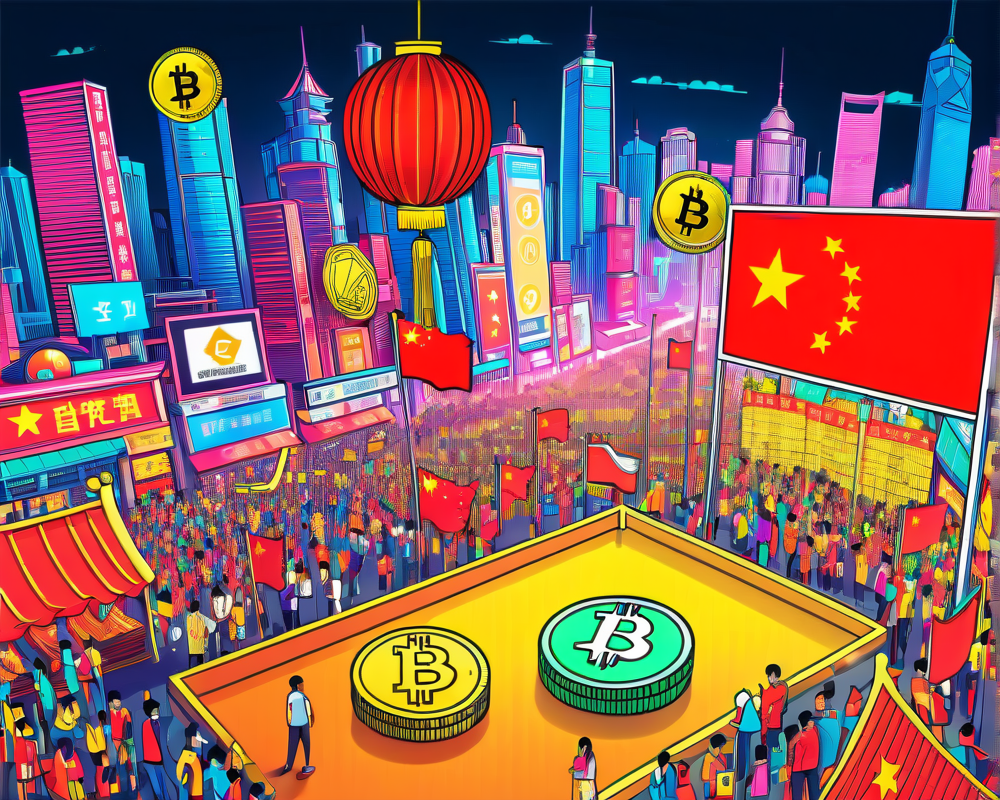The Initial Assault: Banning ICOs
In September 2017, the Chinese government kicked off its campaign against the digital currency sector by announcing a ban on all initial coin offerings (ICOs). This bold move sent shockwaves through the crypto community, impacting investors and startups alike. It’s akin to banning lemonade stands in the summer—no one can quite understand why they’re doing it, but everyone feels the heat.
Shutting Down the Platforms: The Rumor Mill
Shortly after the ICO ban, rumors began swirling about the potential shutdown of local Bitcoin exchanges. A tweet from Yicai Global hinted at an imminent closure of all Bitcoin trading platforms, adding fuel to the fire. The community was buzzing, imagining a world where buying and selling Bitcoin would require scavenger hunts and underground meetings—in the dark alleys of cyberspace.
Voices from the Inside: What Experts Are Saying
Not everyone was convinced that a hardline approach was imminent. Jihan Wu, co-founder of the Bitcoin mining firm Bitmain, remarked that the rumors suggested temporary regulations rather than permanent ones. After all, just because a lemonade stand gets shut down doesn’t mean it won’t be back—possibly better and licensed, operating under stringent guidelines.
The National Internet Finance Association Speaks Out
The National Internet Finance Association (NIFA) took a strong stance by declaring that any existing virtual currency exchanges in China were operating without legal authorization. This declaration stirred the pot even more but left individual traders in a bit of a limbo. Were they safe from the government’s criminal charges? That was the mystery hanging in the air like an unsolved riddle.
The Ripple Effect: Implications for the Global Market
A comprehensive ban on cryptocurrency trading could potentially rock the boat of the global digital currency market. It’s estimated that a significant portion of Bitcoin activity originates from China, including nearly one-twentieth of all virtual currency production worldwide. This raises important questions: How will the international community react? Will people in China rush to other forms of investment, or will they dare to sit on the sidelines?
Industry Experts Share Insights
Talking about the viability of a total cryptocurrency ban, Guanghua University professor Liu Xiaolei remarked that such an action would be “neither realistic nor feasible.” Honestly, contemplating the sheer size and complexity of the industry is like trying to prevent a tidal wave with a sandbag. Meanwhile, financial researcher Hu Bing suggested that an ICO ban might be a temporary measure, indicating that authorities are still strategizing on how to best regulate this burgeoning technology.




